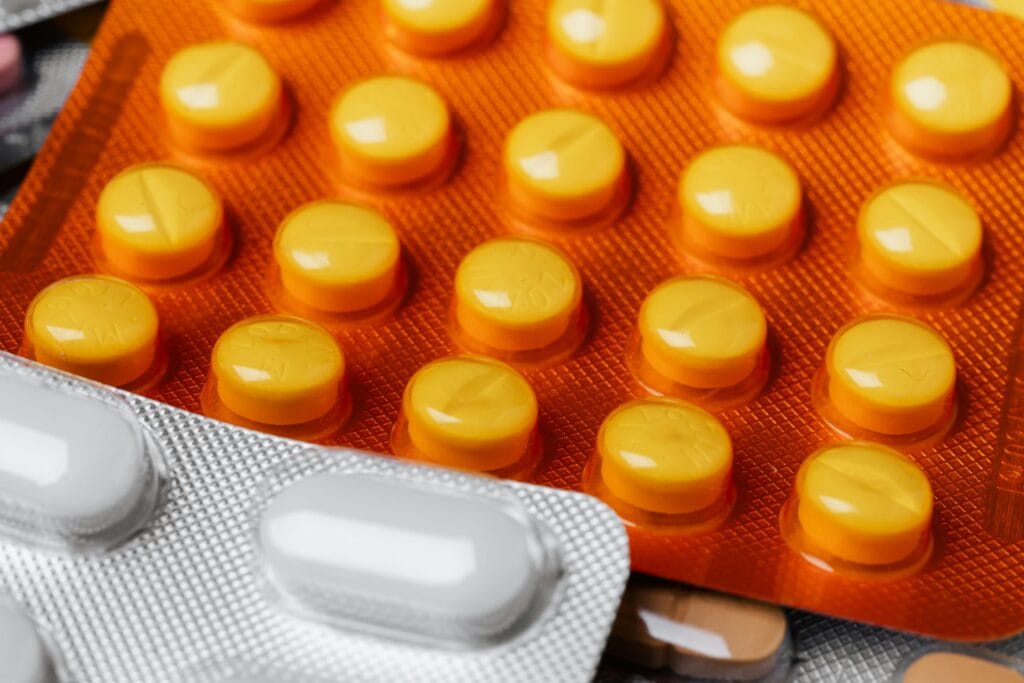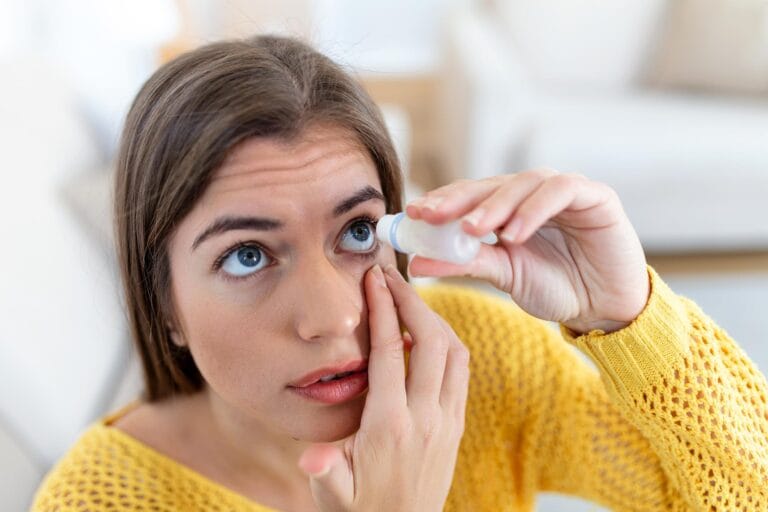
Expired Medicine? Here’s the Right Way to Dispose of It

- Official Mechanism for Disposal of Expired Drugs
- Alternatives for Safe Disposal Through Household Waste
- The Importance of the Community's Role in Managing Drug Waste
Expired medicine refers to medication that has exceeded its designated usage period. Once this period has passed, the medicine should no longer be used, as it may undergo degradation, chemical composition changes, or microbial contamination. These factors can render the medicine ineffective and may even lead to the formation of harmful compounds or toxins.
Official Mechanism for Disposal of Expired Drugs
Since expired medicine can no longer be used, its disposal often becomes an issue. Improper disposal of expired medicine can have negative impacts on both the environment and public health. Some people choose to discard expired medicine directly into the trash without proper handling.
This practice poses risks, as the medicine could be retrieved by others or accidentally consumed by children or animals, potentially leading to poisoning, overdose, or misuse of certain drugs, such as psychotropics. Additionally, if improperly discarded medicine includes antibiotics, it could contribute to an environment that promotes the growth of antibiotic-resistant bacteria.
Read more:
The Dangers of Antibiotic Resistance! The Importance of Following Prescribed Dosages
Alternatives for Safe Disposal Through Household Waste

Source photo: Pexel
According to the official websites of the Ministry of Health of the Republic of Indonesia and the U.S. Food and Drug Administration (FDA), expired medicine can be disposed of through a “take-back program.” This program allows unused medication to be returned to community pharmacy services, such as pharmacies, clinics, and public health centers (puskesmas).
However, if a take-back option is not available in your area, expired medicine may be flushed down the sink or toilet. It is important to note that this disposal method only applies to medicines listed on the FDA’s recommended flush list, which can be found on the FDA’s official website.
Flushing medicine may raise concerns about water contamination, particularly in rivers, lakes, and drinking water sources. However, research conducted by the FDA has found no significant environmental impact caused by the flushing of recommended medicines.
If neither of the above options is feasible, expired medicine can be disposed of with household waste, following these steps:
- Remove the medicine from its original packaging.
- Mix the medicine with undesirable substances such as used coffee grounds, dirt, or cat litter to make it less appealing and harder to recognize.
- Place the mixture in a sealed plastic bag or other closed container to prevent leaks or spills into the environment.
- For inhalers or aerosol-based medications, release the contents slowly into water before disposing of the resulting liquid or solid waste down the drain.
The packaging or containers of medicines can also be disposed of along with the medicine itself, but they should first be damaged by cutting or breaking them. For injectable medications, the needle should be destroyed before disposal, and it must be discarded with the needle cap securely reattached. Any labels or personal information on the medicine packaging should be crossed out or removed to protect the identity of the medicine’s owner.
For inhaler or aerosol containers, extra caution is required as they are highly flammable, so they should not be punctured, flattened, or burned. By implementing these various disposal methods, the risks of medicine misuse and the negative environmental impact of improper disposal can be minimized. However, collaboration from all parties is essential to create a healthier environment for the community.
The Importance of the Community's Role in Managing Drug Waste
With the various disposal methods, it is hoped that the risk of misuse and the negative impact of expired drugs on the environment due to improper disposal can be minimized. However, cooperation from all parties is still needed to create a healthy environment for the public.
Proper disposal of drugs is important, but it is even more important to ensure their safety before they reach the public. Make sure that the external drugs you produce have undergone quality and safety testing in a trusted laboratory.
Author: Devira
Editor: Sabilla Reza
References:
Food and Drug Administration (FDA). 2024. Where and How to Dispose of Unused Medicine. Diakses 30 Januari 2025, dari https://www.fda.gov/consumers/consumer-updates/where-and-how-dispose-unused-medicines.
Kementerian Kesehatan RI. 2022. Cara Pemusnahan Obat yang Rusak/Kadaluwarsa di Rumah Tangga. Diakses 30 Januari 2025, dari https://yankes.kemkes.go.id/view_artikel/1972/cara-pemusnahan-obat-yang-rusakkadaluwarsa-di-rumah-tangga/1000.



